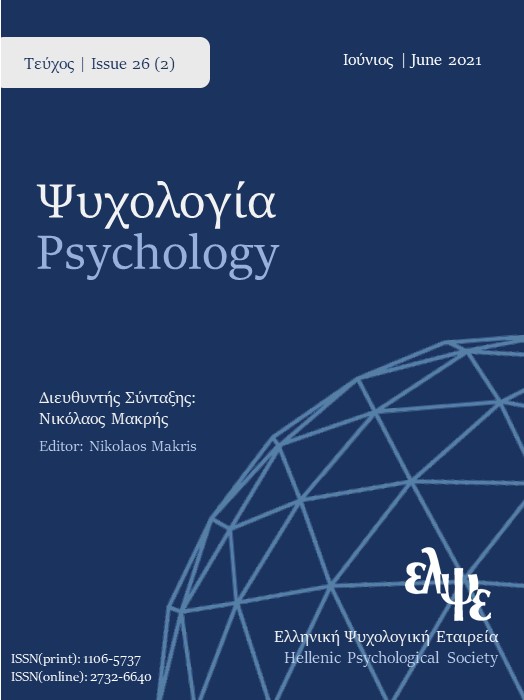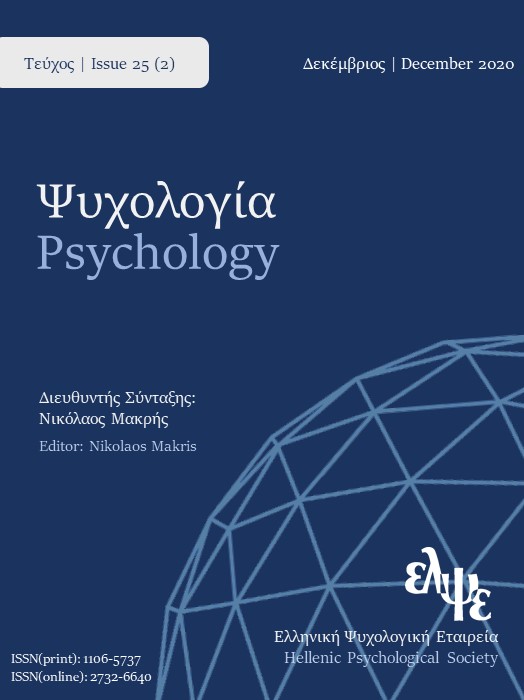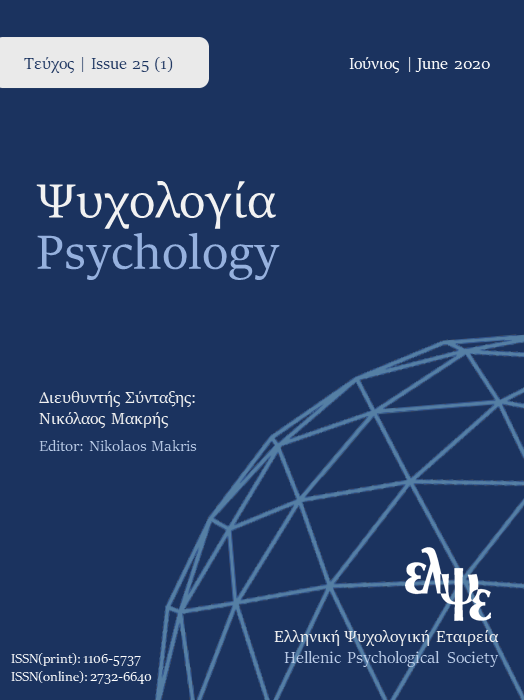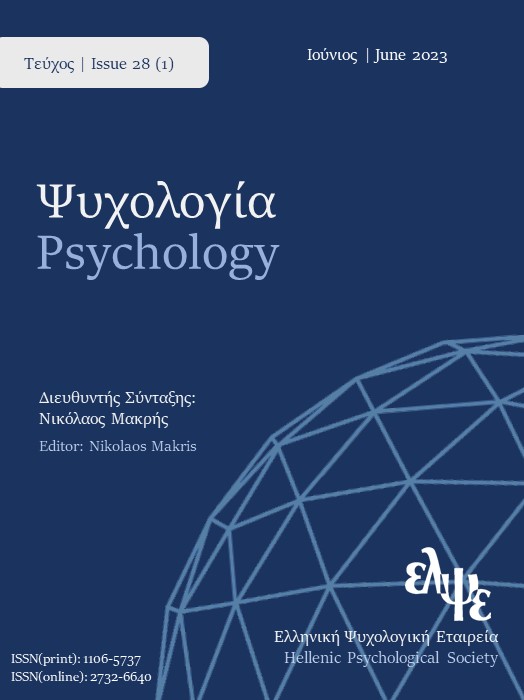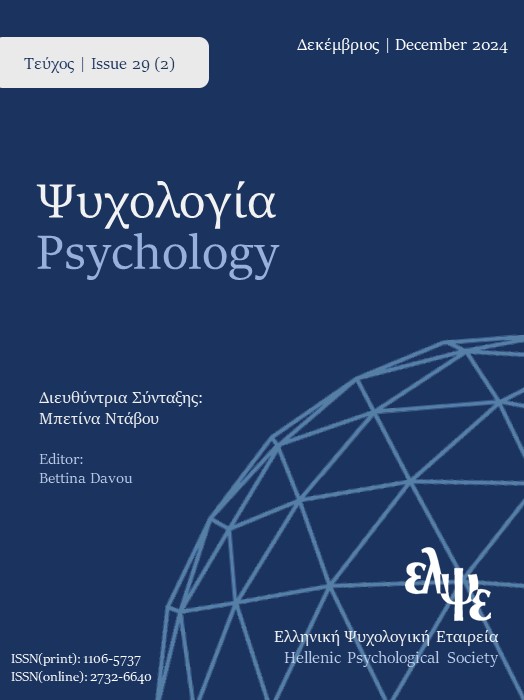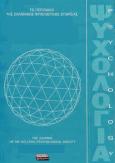From reflective functioning to conspiracy thinking in the COVID-19 pandemic: Direct and indirect pathways
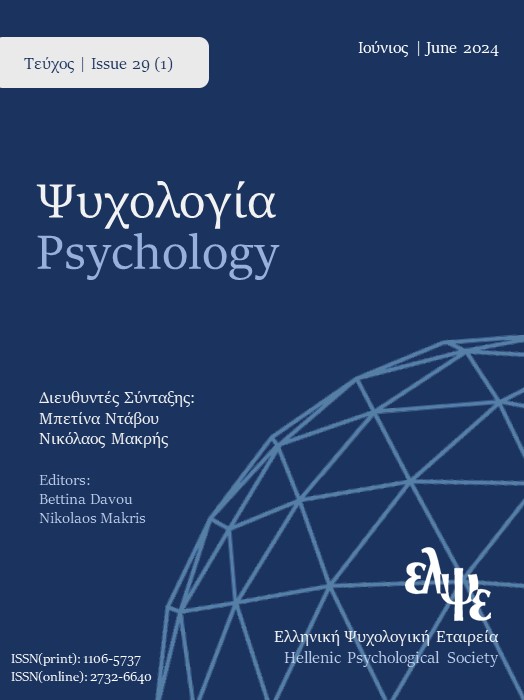
Abstract
The COVID-19 pandemic has led to a surge of conspiracy theories that are used to explain this health crisis. Belief in these theories in turn has significant implications regarding adherence to scientifically based health measures and the seeking of appropriate medical treatment. However, the precursors of conspiracy thinking have not yet been fully understood. The current study investigated the direct and indirect effect of reflective functioning on conspiracy thinking through the role of generalized perceived threat of the virus, positive and negative emotions, trust in scientists, and trust in God in a sample of 1,730 adults in Greece. The results indicate that enhanced capacity for reflective functioning is associated with less likelihood of conspiracy theory endorsement. Higher levels of reflective functioning were associated with increased negative emotionality, lower levels of generalized perceived threat, greater trust in scientists, and less trust in God. Reflective functioning in and of itself did not predict conspiracy theory endorsement directly. Rather, this relationship was fully mediated by negative emotionality, generalized perceived threat, and higher levels of trust in scientists. These findings support recently proposed positions indicating that reflective functioning has a significant role in the framework of the COVID-19 pandemic.
Article Details
- How to Cite
-
Christopoulos, A., Pavlopoulos, V., Poulios, A., Karadimitri, K., Lagos, E., Stavrakaki, M., Stefanakou, E., Alexopoulou, K., Bekiari, A., Ktena, M., Panaritis, C., Risvas, C., Tsiodra, M., Pomini, V., & Gournellis, R. (2024). From reflective functioning to conspiracy thinking in the COVID-19 pandemic: Direct and indirect pathways . Psychology: The Journal of the Hellenic Psychological Society, 29(1), 214–230. https://doi.org/10.12681/psy_hps.31847
- Section
- RESEARCH PAPERS

This work is licensed under a Creative Commons Attribution-ShareAlike 4.0 International License.
The journal PSYCHOLOGY adopts a Platinum open-access policy. Submission, processing or publication costs are waived by the Hellenic Psychological Society. Papers published in the journal PSYCHOLOGY are licensed under a 'Creative Commons Attribution-ShareAlike 4.0 International' licence. The authors reserve the copyright of their work and grant the journal the right of its first publication. Third-party licensees are allowed to use the published paper immediately after publication as they wish, provided they retain the defined by the license copyright formalities, regarding the reference to its author(s) and its initial publication in the journal PSYCHOLOGY. Moreover, any adjusted work should be shared under the same reuse rights, so with the same CC license.



